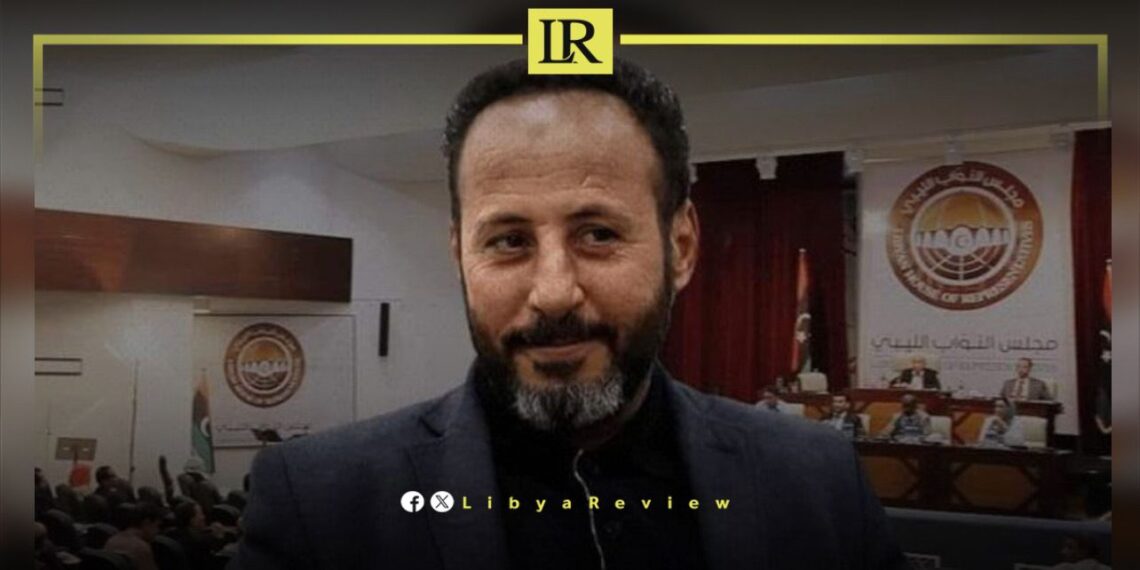On Sunday, member of the Libyan Parliament (MP) Abdel Moneim Al-Arfi announced that the current head of the Libyan Audit Bureau, Khaled Shakshak, is illegitimate and an impostor, as the House of Representatives does not recognize or cooperate with him.
In press statements, Al-Arfi explained that Shakshak’s lack of legitimacy stems from his appointment not being sanctioned by the House of Representatives. As a result, the House is set to appoint a new head for the Audit Bureau, who will serve a single, non-renewable term.
Al-Arfi further disclosed that Shakshak is under suspicion of corruption, raising concerns about his ability to effectively combat and expose corruption within the bureau.
The Libyan political landscape has long been plagued by division and controversy, and the Audit Bureau, tasked with overseeing public expenditures and fighting corruption, is no exception. The legitimacy of its leadership is a critical issue that mirrors the broader challenges in Libyan governance.
Khaled Shakshak, the current head of the Audit Bureau, has been at the center of political contention. Appointed during a tumultuous period, his tenure has been fraught with controversy and multiple allegations of corruption. These allegations have sparked debates about the bureau’s ability to ensure financial accountability in Libya.
The House of Representatives’ decision to appoint a new head represents a significant move towards resetting and potentially reforming the Audit Bureau. By stipulating a non-renewable term for the new appointee, the House aims to establish a system of periodic accountability and mitigate the risk of entrenched corruption.
However, this decision also raises questions about the future of Libya’s political stability. The ongoing rivalry between the House of Representatives and other political entities, such as the Government of National Unity and the High Council of State, complicates the implementation of such decisions. The appointment of a new head could either mark a step towards greater accountability or become another flashpoint in Libya’s fragmented political arena.


